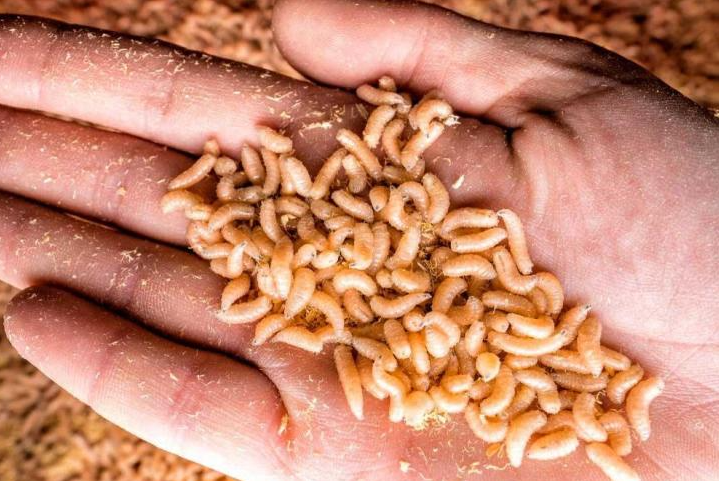
As drought continues to devastate Zimbabwe’s agricultural sector, farmers are turning to an unexpected solution: maggots. The country’s ongoing food insecurity and lack of water have pushed many farmers to explore alternative methods of sustenance and income, with maggot farming emerging as an innovative way to combat hunger and financial hardship.
In rural areas severely impacted by the drought, traditional crops like maize have failed, leaving farmers with little to no harvest. In a bid to find a viable alternative, some have embraced the practice of breeding maggots, a form of insect farming that can provide a protein-rich food source and a sustainable income.
Maggot farming, which involves breeding flies and harvesting their larvae, has become increasingly popular among smallholder farmers who can no longer rely on conventional farming due to water scarcity and extreme temperatures. The maggots are not only used for animal feed but are also being considered as an alternative human food source due to their high protein content.
The concept of maggot farming is not entirely new but has gained traction as farmers look for ways to adapt to the changing climate. Local experts explain that maggots require minimal resources, can be produced quickly, and offer a nutritious alternative that helps improve food security.
Some farmers have partnered with organizations that provide training on how to farm maggots effectively, turning what was once seen as a desperate measure into a potential source of income. In a world where water is scarce, this is an innovation that helps us survive, said one farmer.
Despite its benefits, maggot farming faces challenges, including cultural reluctance and limited infrastructure to process the larvae for human consumption. However, with the ongoing drought and food shortages, many Zimbabweans are beginning to embrace the idea, seeing it as a necessary survival strategy.
As climate change continues to affect global food systems, alternative farming practices like maggot farming may offer solutions to food insecurity and rural poverty. In Zimbabwe, this unexpected approach to farming is giving hope to farmers and their families, offering a lifeline during one of the country’s most difficult times.


